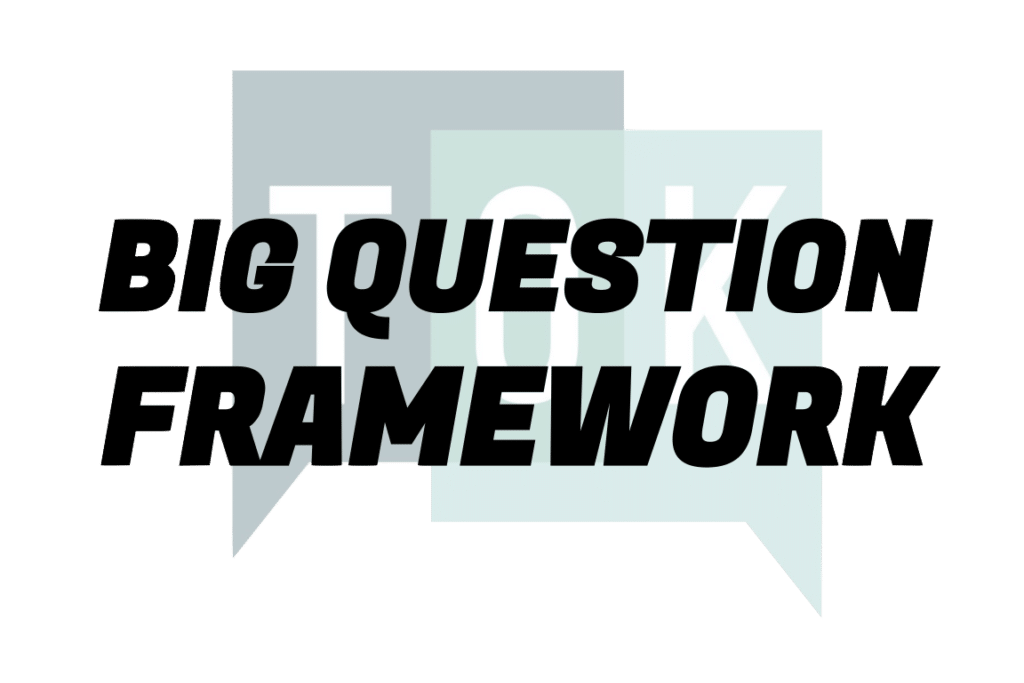
The ACT Big Questions (BQs) is a cognitive framework adapted from our highly successful theory of knowledge BQs, which revolutionized TOK by giving schools around the world a more conceptual and integrated way of delivering the course.
The BQs explore six different issues related to the acquisition and use of knowledge, inviting students to formulate their answers via the different subject areas, their personal experiences, and events and issues going on in the contemporary world.
The ACT Big Questions
The ACT BQs ask the following questions about knowledge. Our lessons for each BQ will shortly be added, enabling any student – regardless of educational programme – to explore each one via the different subject areas, personal experiences, and real-world events and issues, and become an accomplished authentic critical thinker.
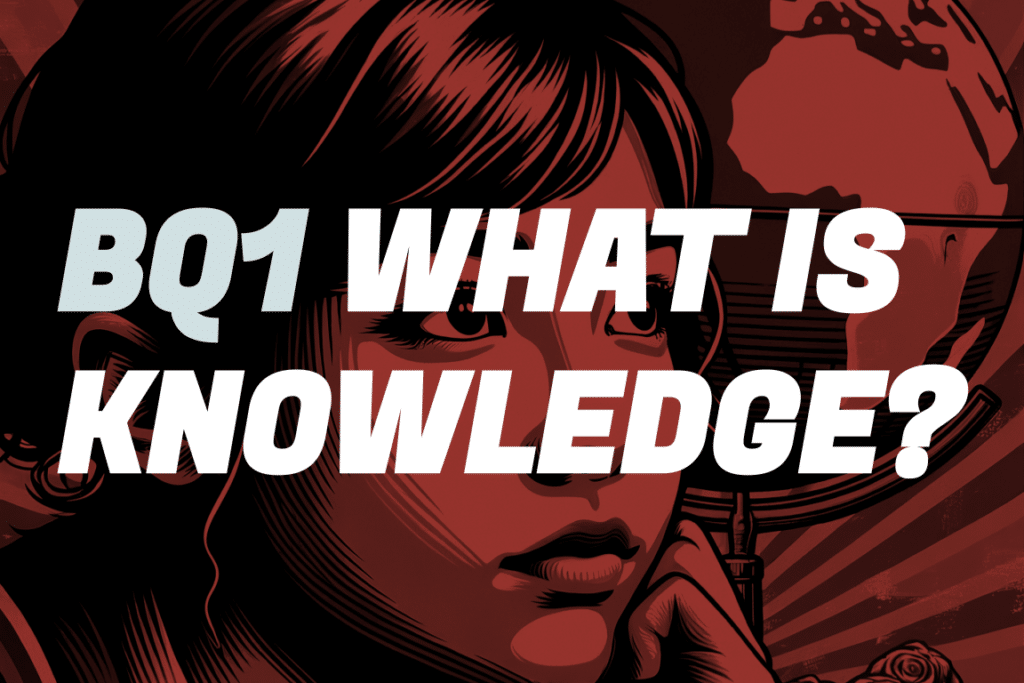
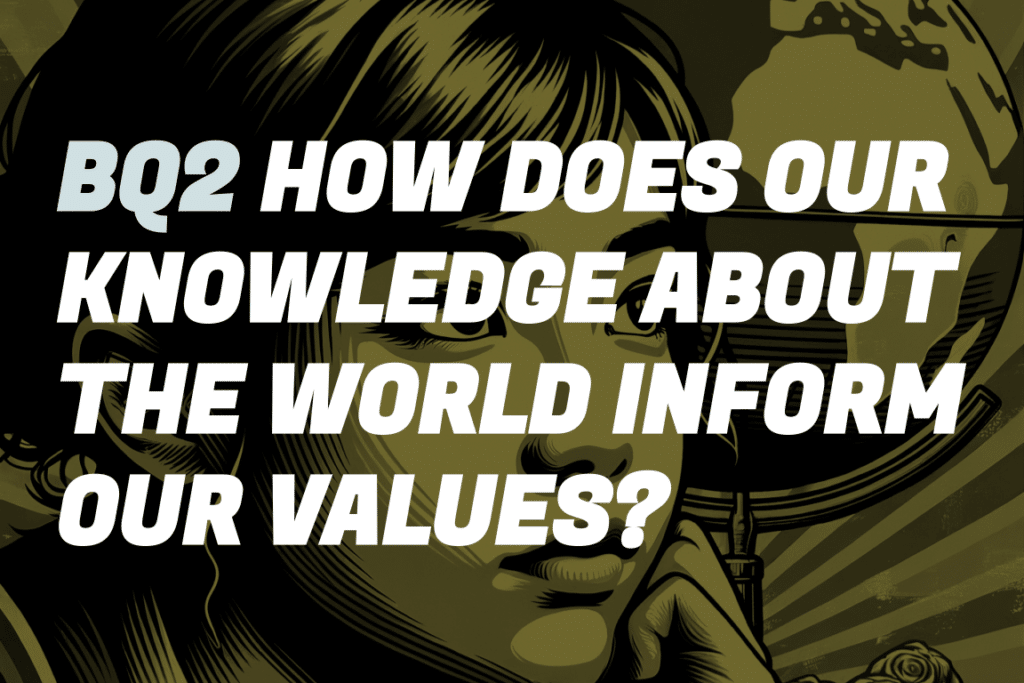
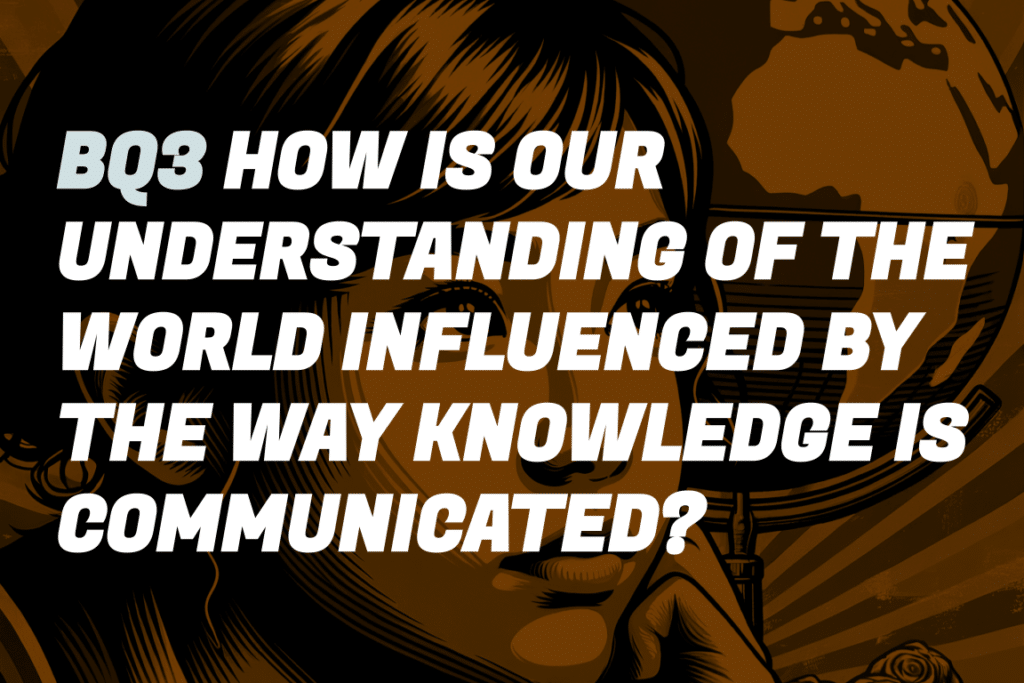
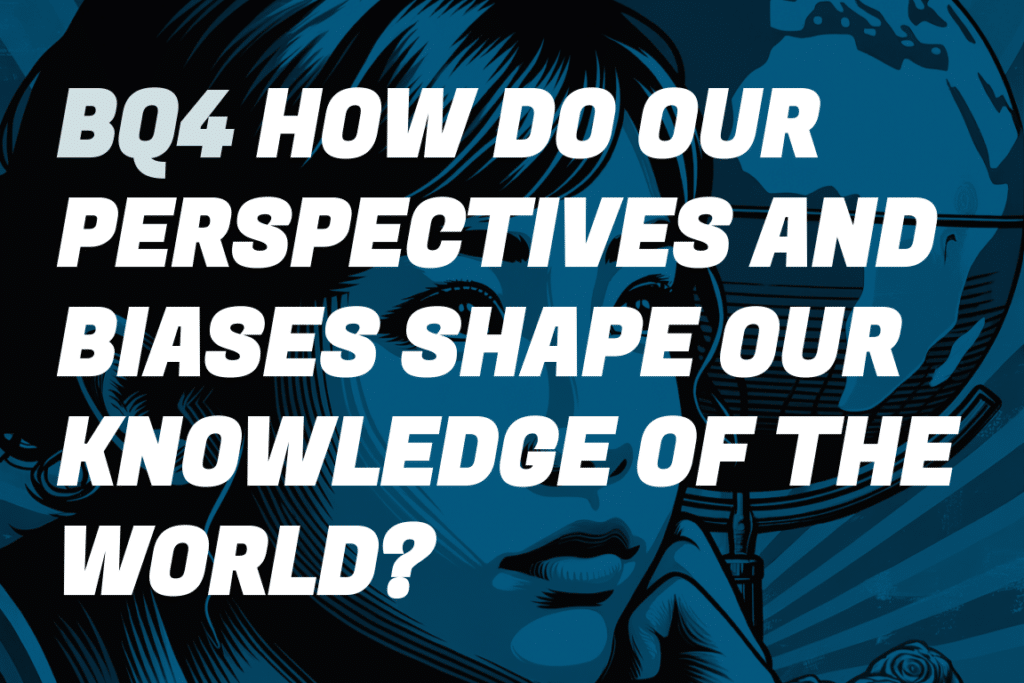
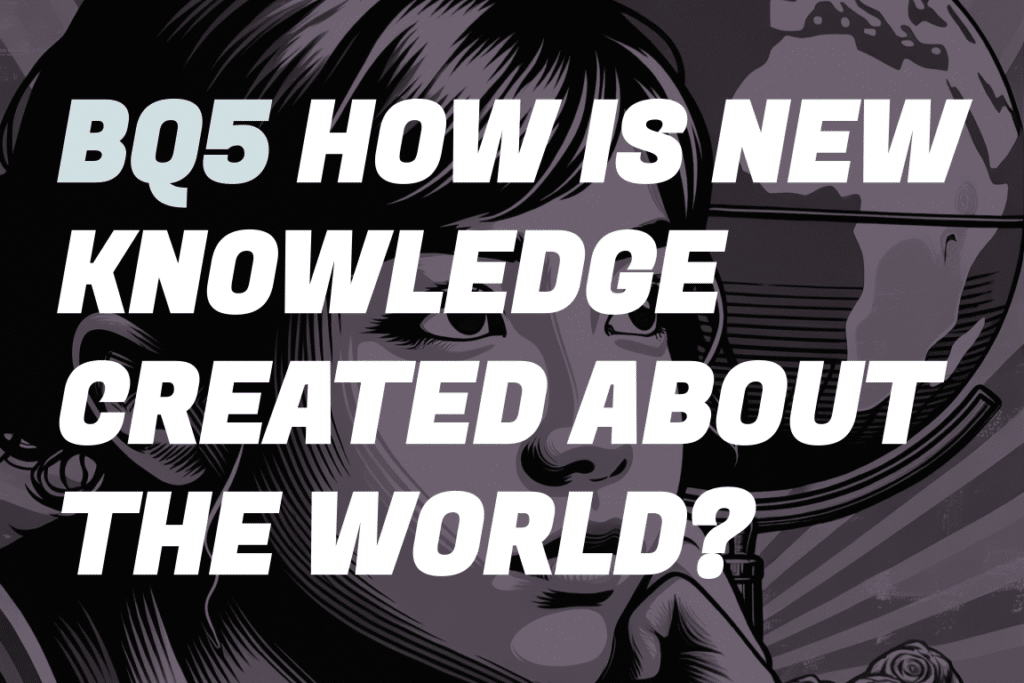
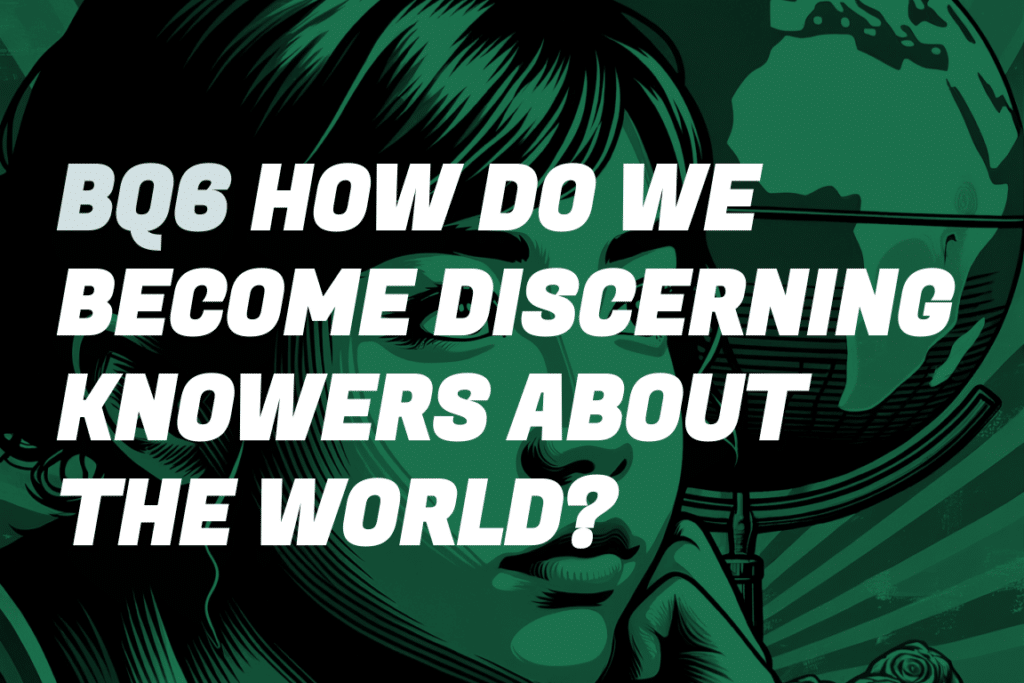
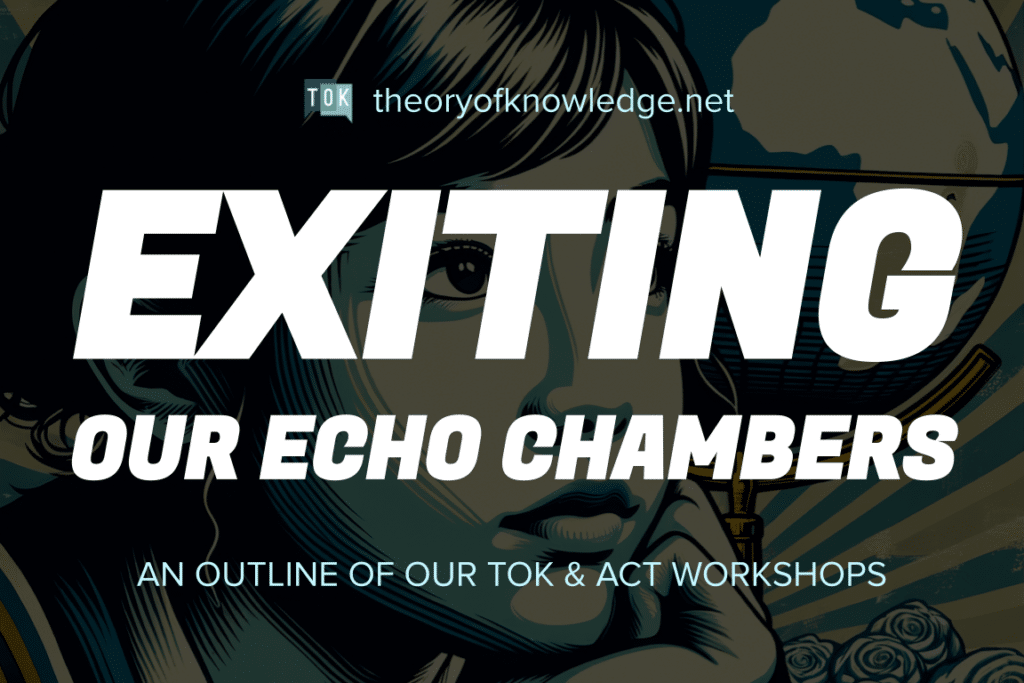
Help your learners to exit their echo chambers!
Our online and in-person workshops offer the usual support for students writing the essay and exhibition, and TOK departments designing great courses.
But our training sessions go much further than this: by focusing on authentic critical thinking, they demonstrate how to help learners confront, rather than confirm, their biases and assumptions, and exit their echo chambers. This makes them accessible and relevant for all teachers, whatever their subject or programme. Read more here.